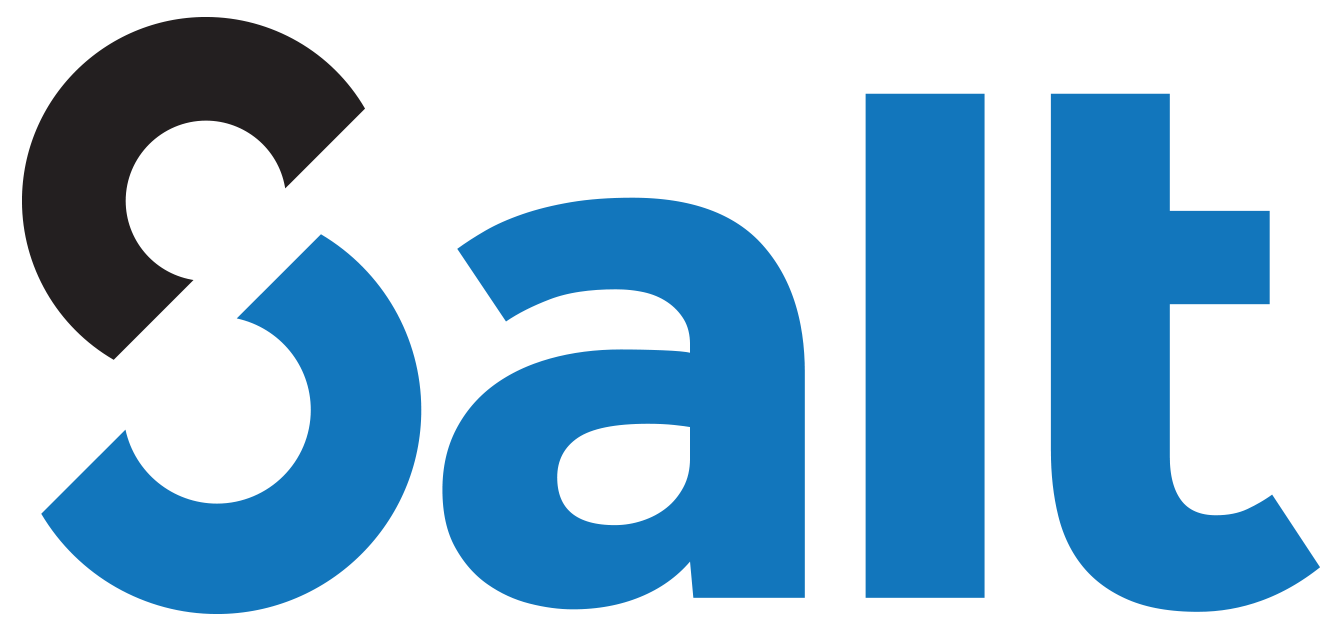MUNOZ, A. WILSON, A. NUNES, B. P. MEDICO, C. SLADE, C. BENNETT, D. TYLER, D. SEYMOUR, E. HEPPLEWHITE, G. RANDELL-MOON, H. JANINE, A. MCPHERSON, J. GAME, J. RHALL, J. MYERS, K. ABSOLUM, K. EDMOND, K. NICHOLLS, K. ADAM, L. KIM, L. SEFCIK, L. WHITESIDE, L. BARBER, M. KOCATEPE, M. COLLINS, M. , et al. ; AAIN Generative Artificial Intelligence Guidelines. In: Generative AI Working Group, 2023, Sydney. Australian Academic Integrity Network (AAIN). Sydney: Deakin University, 2023. Disponível em: https://hdl.handle.net/10779/DRO/DU:22259767.v5
AAIN Generative Artificial Intelligence Guidelines
Authors
Albert Munoz, Ann Wilson, Bernardo Pereira Nunes, Christina Del Medico, Christine Slade, Dawn Bennett, Deborah Tyler, Elen Seymour, Glenda Hepplewhite, Holly Randell-Moon, Arantes Janine, Jen McPherson, Jenny Game, Jonathon Rhall, Kali Myers, Kate Absolum, Katherine Edmond, Kris Nicholls, Lee Adam, LeeVon Kim, Lesley Sefcik, Luke Whiteside, Matthew Barber, May Kocatepe, Michael Collins, Nadia Koren, Nassima Kennedy, Natalie Leitao, Pat Loria, Paul Doornbusch, Rebecca White, Riley O’Keefe, Sabiha Akhter, Sarah Keith, Tomas Trescak, Zachariah Duke
Abstract
Generative artificial intelligence (AI) is an AI model capable of generating text, images, code, video, and audio. Large Language Models (LLMs) such as ChatGPT and Copilot produce text from large datasets in response to text prompts. Recent advances in AI models and user interfaces, and the need for greater public understanding of AI (Selwyn & Gallo Cordoba, 2021), have prompted a need for shared guidelines to assist higher education providers manage the practical, ethical, and policy implications of AI models. The benefits of generative AI to education include automatic generation of outlines and summaries, support for personalised learning, and writing feedback. Some challenges posed by using generative AI in higher education include: • the authentication of individual attainment for accreditation purposes • potential challenges to the principles of academic integrity • the need for sustainable and adaptable responses to generative AI in learning, teaching and assessment and academic integrity policies and procedures • support for staff and students in understanding and using the technology. This document provides guidance on the appropriate use of generative AI in higher education aligned with the Higher Education Standards Framework (Threshold Standards) 2021 (HESF). The HESF states that providers assure the quality of teaching, learning, research, and research training, with respect to content and skills developed, assessment and determination of learning outcomes, and the mitigation of foreseeable risks to academic and research integrity. Providers should document their decisions and monitor their progress in addressing generative AI.
Keywords:
Generative Artificial Intelligence, Generative AI, Guidelines, Higher Education
Disponível em: https://hdl.handle.net/10779/DRO/DU:22259767.v5

